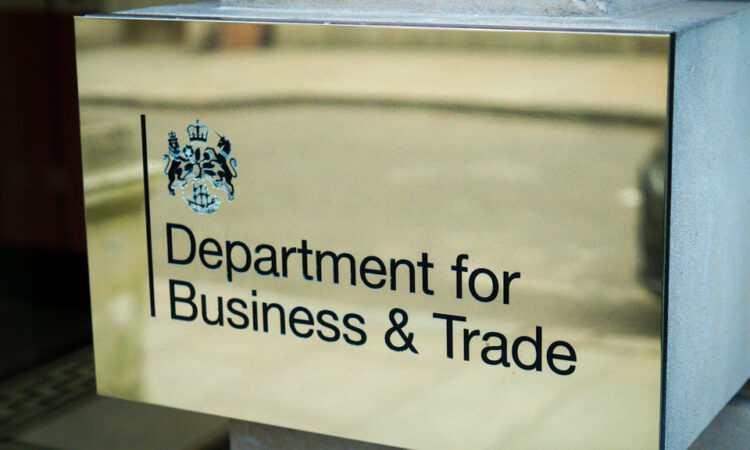
- International Trade Minister Nigel Huddleston will visit two nations in Southeast Asia to strengthen trade with UK
- He will join Economic Ministers from each Association of Southeast Asian Nations (ASEAN) member state in Indonesia before co-hosting the UK-Vietnam Joint Economic and Trade Committee (JETCO) in Hanoi
- UK trade with ASEAN countries went up more than 20% in current prices to £47 billion last year
International Trade Minister Nigel Huddleston has today set off on a visit to two Southeast Asian countries to kickstart new discussions aimed at ramping up UK trade with the region.
Southeast Asia’s economy is expected to become equivalent to the third largest economy in the world by 2027, worth over £4 trillion*.
UK-ASEAN trade increased by over 20% last year – worth £47 billion – but there is huge opportunity for more businesses across the UK to tap into this massive economy. As the first new Dialogue Partner to ASEAN in 25 years, the UK is well positioned to boost economic growth with this dynamic region, contributing to a more prosperous future.
The Minister will join Association of Southeast Asian Nations (ASEAN) counterparts in Semarang, Indonesia for the ASEAN Economic Ministers UK Consultation to boost ties with the dynamic and fast-growing trading group.
He will then travel to Hanoi to co-host the annual Joint Economic and Trade Committee (JETCO) and the Trade Committee of the UK-Vietnam Free Trade Agreement. During these, the Minister will push forward the UK’s ambition to help UK companies sell more products and services to Vietnam’s booming economy.
Speaking ahead of the visit, the International Trade Minister said:
Southeast Asia offers big opportunities for British businesses. That’s why our team of specialists has been working hard to remove barriers to trade to help companies sell even more to this dynamic region.
We know closer trade ties with exciting, thriving economies like Vietnam and Indonesia will provide a boost for the UK. I’m looking forward to seeing how our expanded links across the Indo-Pacific, including accession to CPTPP, yield economic benefits up and down the country.
The visit comes just weeks after Business and Trade Secretary Kemi Badenoch signed the treaty confirming the UK’s accession to the Comprehensive and Progressive Agreement for Trans-Pacific Partnership (CPTPP) – the Indo-Pacific trade bloc now worth £12 trillion in GDP.
It also follows the resolution of over £600 million worth of trade barriers over five years in financial year 2022-23 that were hampering UK businesses from selling to Asia Pacific.
Earlier this year, the Business and Trade Secretary Kemi Badenoch made the removal of these trade barriers one of her top five priorities, committing to lifting 100 of the most significant hurdles.
Specialists from the Department of Business and Trade are working hard to boost trade across Asia Pacific, engaging governments to resolve issues flagged by UK businesses. Thanks to their work, British beef can now be exported to the Philippines and it is more straightforward for UK pharmaceutical firms to offer their products in Vietnam.
Background
- The data on resolved barriers are extracted from the Digital Market Access Service (DMAS). It is the internal government database of trade barriers facing UK businesses that enables closer collaboration across government in Whitehall and at overseas Posts to analyse and progress action to try and resolve them where feasible.
- DMAS is not a comprehensive repository of all market access issues facing UK exporters, and reporting rates vary widely across countries and regions. As such, aggregate figures should be interpreted as an indicative estimate based on a selective sample.
- Aggregate figures on the valuation of resolved barriers are based on DBT analysis of specific market access barriers using the methodologies set out in the DBT statistical publication. To calculate the aggregate figures, the mid-point for each valuation range is added to provide a central estimate. Further details on the methodology for the aggregate valuation figures are published in a DBT analytical working paper.
- GDP data sourced from the IMF World Economic Outlook April 2023 and converted from US dollars to UK pounds using the Bank of England average spot exchange rate for 2022*






